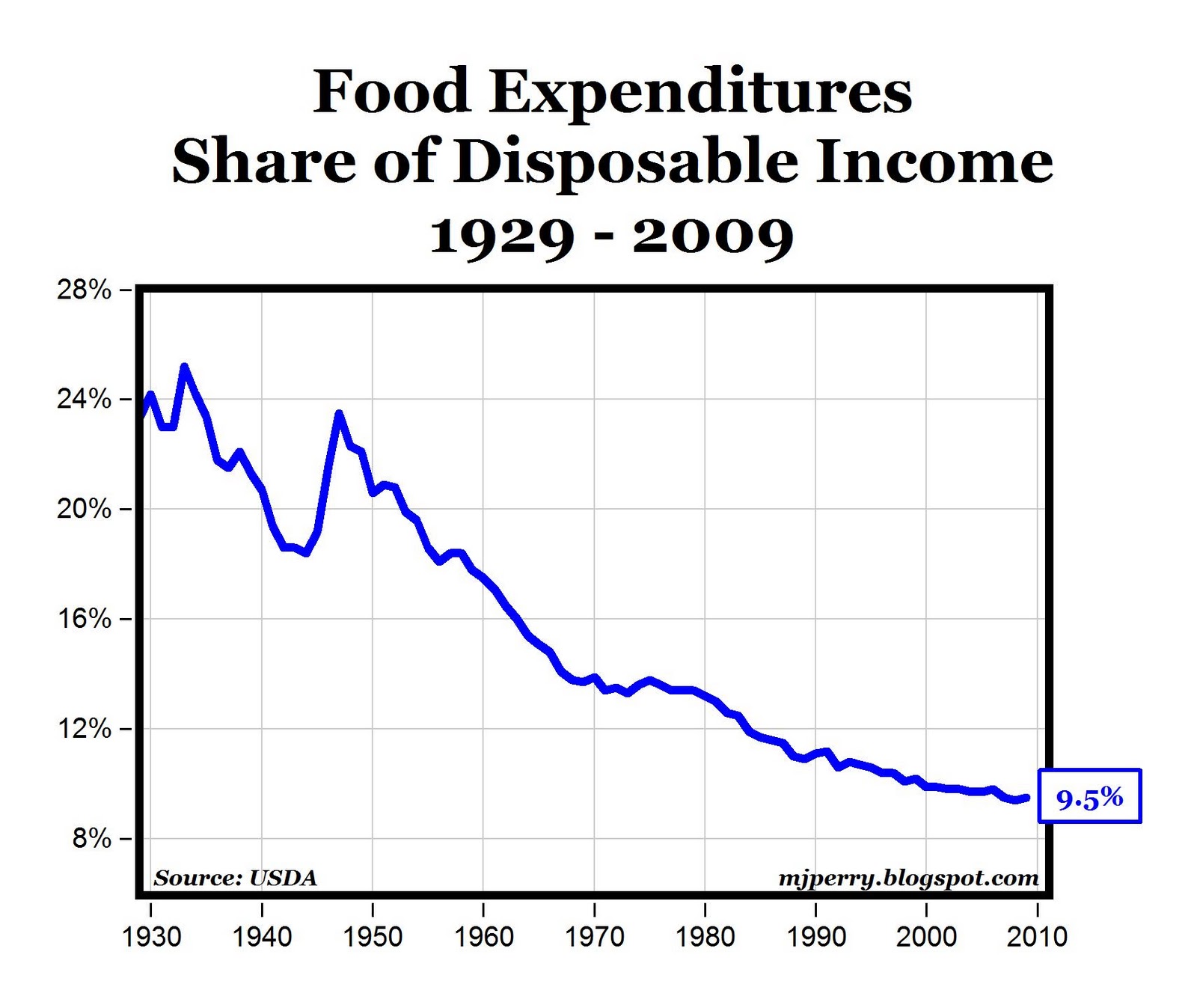Because he was continuing Bush 43's policies.
The Renewable Fuel Standard Program started in 2005 as part of Bush's energy policy. It was renewed and expanded in 2007. Obama has supported the policy, but he has not expanded it and did not "mandate any new regulation." E.g.
Ethanol Industry Gets a Boost From Bush
Corn prices have gone up and down since then. They shot up in 2008 (which btw thrilled corn farmers and producers), fell, and went back up again in early 2011. None of which fits your timeline.
And of course, historically corn prices are very low, as yields have steadily increased (
http://2.bp.blogspot.com/-8LwYwrVjb9c/TdUxSjw0DEI/AAAAAAAAPUc/QOvUH7yYpnA/s1600/cornprice.jpg).
About 1/3 is used for livestock feed -- a highly inefficient use which, as I understand, is really not good for most livestock.
12% of the US corn crop is used for direct consumption, including junk food like corn syrup and chips.
And since yields are up, it seems somewhat unlikely that using corn for ethanol is truly taking food away from the poor.
Actually, the price for beef in 2009 was around $1.20 per pound. In 2013, it's closer to $1.90 per pound. (
Beef - Daily Price - Commodity Prices - Price Charts, Data, and News - IndexMundi)
As far as I can tell, there is no strong correlation between the price of beef and:
• corn production
• corn prices
• ethanol production
• ethanol production as a percentage of corn production
So, uh... Got another example? :mrgreen:
Now, I
will say that along with a great deal of farm policy, this
does show how government regulations can affect markets. There is also the issue of "regulatory capture," where the regulatory agency is unduly influenced by players in the field they are regulating. But what one person views as a loss, another person views as a win. Nor do these problems indicate that unregulated markets are always superior, or that regulation is always a negative.


